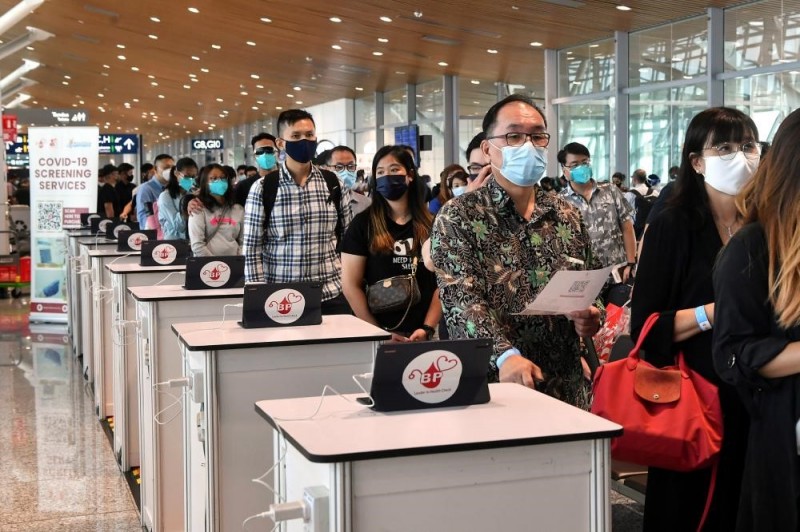
PETALING JAYA: The proposal to do away with quarantine for those entering Malaysia has been well received by travel industry players.
The next step, they say, is to ensure that the remaining entry requirements do not become too prohibitive and that airports are able to handle an expected surge in traffic.
Malaysian Association of Tour Agencies president Datuk Mohd Khalid Harun agreed that the proposal, if implemented, would be a boost for tourism industry’s sub-sectors, such as hotels and other related suppliers.
He also expressed hope that airports would be ready to take the challenge of managing the congestion that would build up as passengers are still required to be screened for Covid-19.
“Many international airports (around the world) have reported congestions at the arrival hall,” he pointed out to theSun.
Khalid said the government should consider providing dedicated lanes for Malaysians returning from performing the umrah so that they can be cleared through quickly.
He suggested all those who have arrived in Malaysia for leisure or business be required to take an RTK test every alternate day.
“I believe there are some RTK tests that offer real time results that can be assessed by the relevant authorities,” he said.
On Feb 8, the National Recovery Council (NRC) proposed that international borders be fully opened to support the country’s economic recovery.
NRC chairman Tan Sri Muhyiddin Yassin said during a press conference it agreed that the borders should be fully opened as early as March 1 by doing away with the need for mandatory quarantine.
The Malaysian Association of Tour and Travel Agents (Matta) sees Malaysia’s transition into the endemic stage in the Covid-19 crisis as a “decisive move” and a huge boost for the tourism sector, which is one of the worst-hit industries.
Matta treasurer Nigel Wong said the move to not require quarantine would serve as an immediate stimulus for the travel industry. “It will also encourage people to travel abroad and for foreign visitors to come to Malaysia, for both business and leisure,” he told theSun.
“This is timely. We are beginning to see greater interest in the coming Matta Fair, which will be held in April.”
Wong added that the government would have to ensure that any restrictions that remain in place should not be too prohibitive.
Universiti Malaya professor of epidemiology and public health Dr Sanjay Rampal also sees the opening of borders as an appropriate move given that Malaysia is now focused on living with the virus on a sustainable basis. “Omicron is already in the community. Quarantining visitors does not bring additional benefits,” he told theSun.
While he conceded that new variants of the virus could emerge, there was no compelling reason to keep the borders closed.
Sanjay said the testing protocol in place now is good enough to prevent any transmission of the virus from infected visitors. “We can strengthen it further by requiring visitors to monitor their own health for the first five days after arrival and to conduct a self-test if they show symptoms,” he said.
He said the authorities should keep tabs on all imported cases by genome. “If we see a new variant emerging, which is less likely but still possible, it can prompt us to re-evaluate our decision,” he said.
Head of social and preventive medicine at Universiti Malaya Dr Victor Hoe said that before lifting restrictions, the government should improve the tracking, identification and isolation protocol for positive cases.
“We must upgrade the MySejahtera app to enhance its tracking and identification capability,” he told theSun.
“We also need to provide additional support for public health at the district level to prepare for a potential increase in the number of cases.”
He added that tourists entering the country should also be required to have adequate medical insurance protection to cover the occasions when they need medical consultation and treatment.
Source: https://www.thesundaily.my/home/plan-to-reopen-borders-lauded-HG8855494

